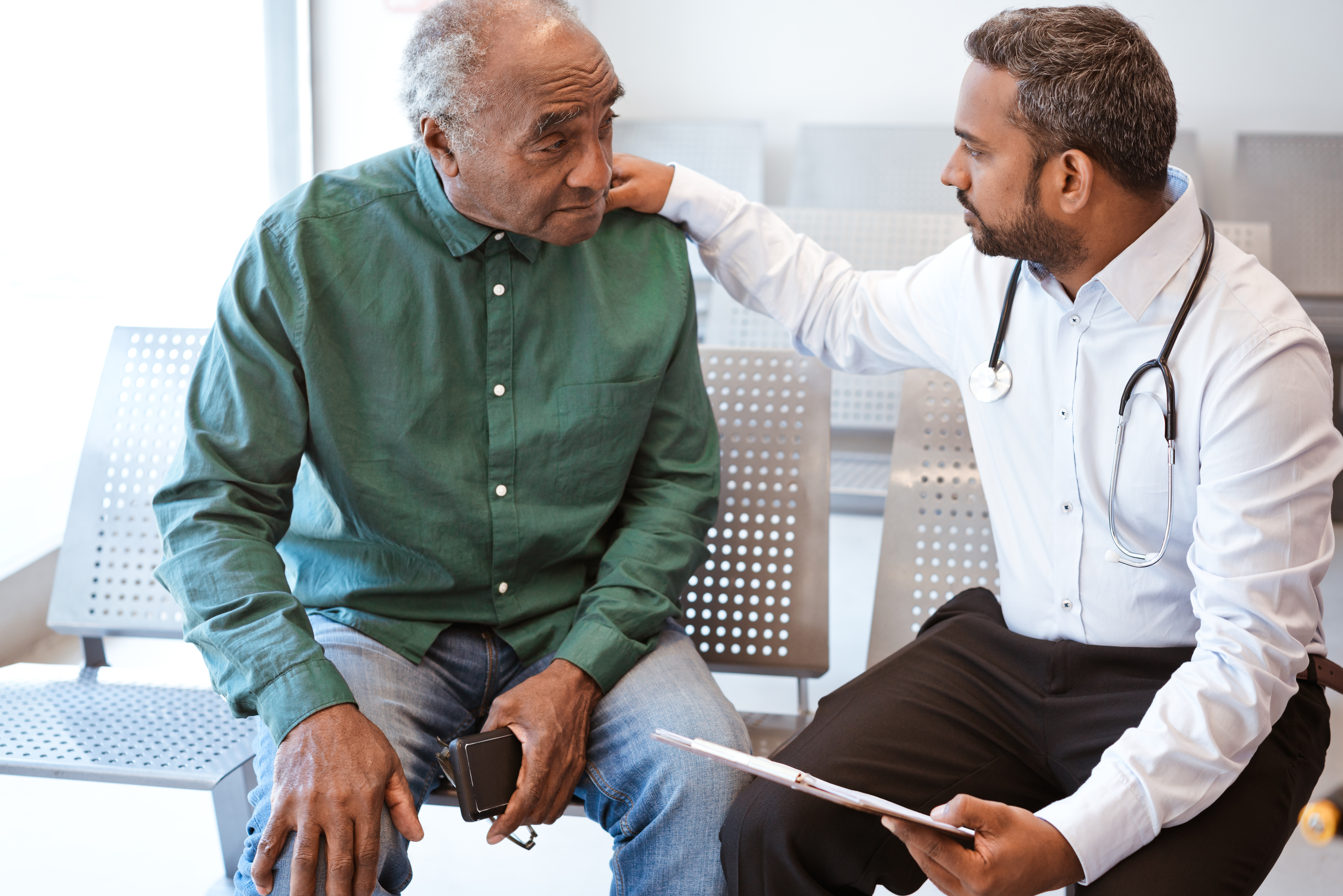High empathy scores could soon become part of the criteria for getting into medical school according to a study that was released July 25, 2019, by The Journal of the American Osteopathic Association.
The study assessed empathy scores at all levels of medical school education for more than 16,000 osteopathic medical students across 41 campuses. For the first time ever, this nationwide study gathered national norms in empathy, which will allow researchers to examine a number of issues, including differences in empathy among students in different years of medical school.
“Some studies with allopathic medical students showed that once they move from the first two years in medical school and into the clinical years, when they actually work with patients, their empathy begins to decline,” says Mohammadreza Hojan, Ph.D., a research professor of psychiatry and human behavior at Sidney Kimmel Medical College of Thomas Jefferson University and lead author on this study. “It’s interesting to see if that pattern of decline can also be observed in osteopathic medical students and to explore reasons for such changes, and study approaches to enhance and retain empathy in physicians-in-training.”
Why empathy is important for a physician
According to a news release published by the American Osteopathic Association (AOA), “research indicates that physicians with higher levels of empathy demonstrate greater clinical competence and deliver better patient outcomes than less empathetic doctors.”
When trust is established between the physician and patient, patients are also more likely to follow instructions from the physician, such as taking medication and developing healthier habits.
How empathy is part of the patient-centered osteopathic training
In the August 1, 2019 Chicago Tribune article, “It’s not all brain surgery: Future doctors should be tested for empathy study says,” Mark Speicher, senior vice president for medical education and research at the American Association of Colleges of Osteopathic Medicine, said medical schools and residency programs are moving toward a more holistic approach in medicine “so (patients) get care from students who are not just academically talented, but also talented in forming relationships with their patients.”
At schools of osteopathic medicine, students are assessed for this during the interview process, Speicher said. Osteopathic schools focus more on treating “the whole patient.”
The proposed Kansas College of Osteopathic Medicine (KansasCOM, applicant status—seeking accreditation) will follow this same philosophy.
“We plan to infuse a curriculum that focuses on training future physicians to provide empathetic care while also preparing them to leverage the benefits of innovative medical technology for their patients,” says Tiffany Masson, Psy.D., president of Kansas Health Science Center.

